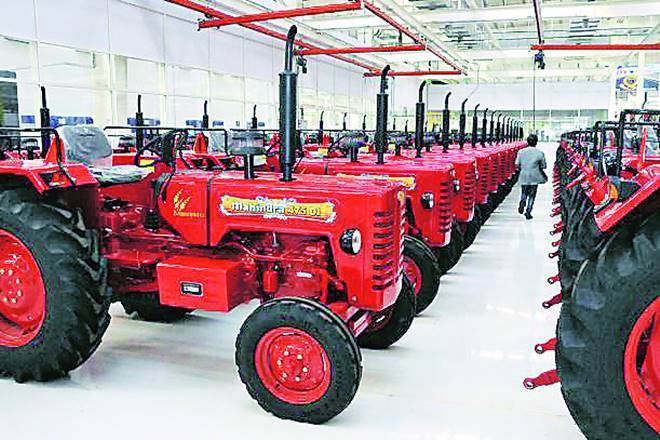By Pritish Raj
Lack of optimum financing, poor rabi crop sowing and weak crop prices have limited tractor sales growth to around 8% in FY19, against over 20% in the previous fiscal (FY18). The growth rate is even lower than what the industry executives had pegged post the December quarter.
In January, Mahindra & Mahindra (M&M) managing director Pawan Goenka had estimated over 12% growth in FY19.
“The last few months have been somewhat soft for the tractor industry. We will end up with 12% growth by end of FY19,” Goenka had said. Analysts said volume growth of tractors was affected due to seasonality, lower rabi sowing and weakening cycle.
“Our industry interactions indicated that underlying demand has slowed down sharply, leading to high inventory build-up in the system,” they noted.
The second advance estimate of rabi crop sowing in the 2018-19 season show a decline by around 4% over the previous season, according to the agriculture ministry data.
Volumes of M&M, Sonalika International Tractors and Escorts in the domestic market collectively grew at about 8% in FY19. M&M posted a marginal 4% increase in FY19 sales. While Sonalika and Escorts reported a growth of 11% and 19%, respectively in FY19, the rate of growth was low as both the companies posted a 22% and 25% increase in volumes in FY18. Numbers of low volume players such as TAFE, John Deere and New Holland Tractors could not be immediately obtained.
Rajesh Jejurikar, President, Farm Equipment Sector, M&M said that while demand was tepid in Q4FY19, rural development and good forecast for horticulture production is likely to positively impact growth for tractors.
“The month of March was slow in the domestic market due to postponement of festive season to April and lower rabi sowing than expected”, Jejurikar added.
While the tractor industry grew 18% in FY17, growth in FY18 stood at 22%. A high base was expected to impact the numbers slightly but the demand during the second half remained subdued and as a result the overall growth saw a downfall.
Analysts said liquidity constraints, lower-than-expected rabi crop sowing and poor sentiments have impacted tractor sales during the second half of 2018-19. “Tractor volume growth decelerated as muted farm sentiment in key markets acted as a major speed-breaker,” analysts at Motilal Oswal said.

